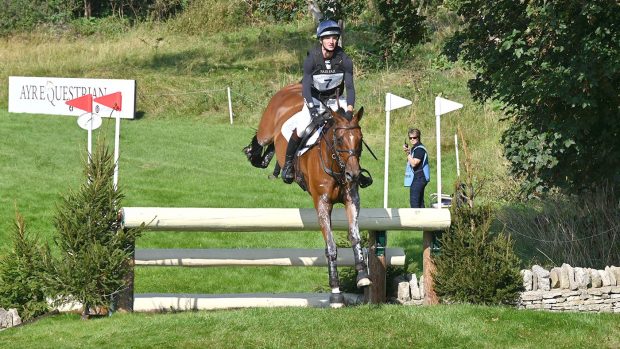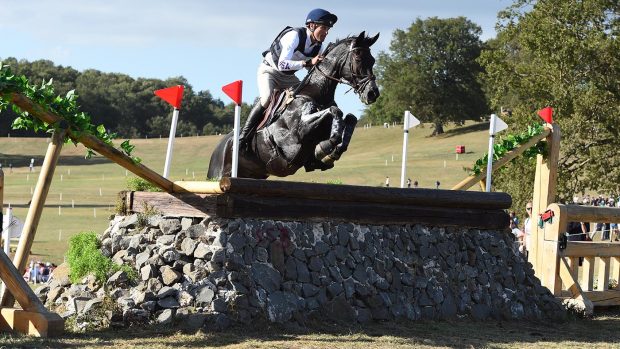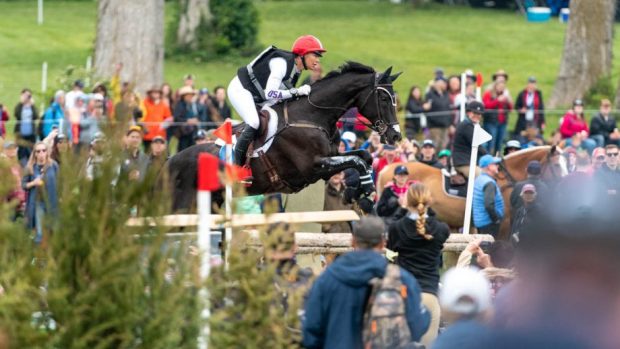British team vet, Jenny Hall, has launched a study into why many event horses are not reaching their potential
Jenny Hall, the British event team’s vet, has initiated a study into the wastage of event horses which is being carried out the Royal Veterinary College after discussions with British Eventing.
“People always ask why we haven’t got any horses in Britain, so I wondered what actually does happen to them?” explains Jenny. “Is it because horses are being sold, or because too many are getting injured? It seems that a huge percentage are only registered with BE for one year.”
The study has been divided into three phases. The first looks at the overall rate of loss.
The second involves sending out 2,000 questionnaires to owners who first registered their horses in 1999. It aims to identify owners who only registered their horse for one year and find out the reason why.
Etienne O’Brien, senior clinical training scholar in equine studies at the Royal Veterinary College, explained: “We want to find out what the causes are of horses not reaching their potential and what is the most common reason: is it lameness, respiratory or a whole host of veterinary problems?
“We accept that the reasons may not be clinical. They may be financial, due to a lack of riders, or horses being sold to other countries. We will present the conclusions to the eventingcommunity.”
Looking to the future
The third part of the study will be carried out by Celia Marr, head of equine medicine and surgery group and Dirk Pfieffer, professor of epidemiology. They will look at horses that are presently competing, using an “elite” group based on horses that have completed a CCI*** event.
“The first two phases are retrospective and the third looks at what is keeping horses in the sport,” explains O’Brien. “We will be monitoring this elite group, which will be a valuable study as it is not looking into the past, where memories might not be so accurate.”
British Eventing performance manager Yogi Briesner, who helped develop the questionnaire said: “It is important for the future of the sport to find out why horse are not reaching their full potential.”
The study group hopes to publish its first findings at the end of the year, although the third phase will run for two years.
|
Catch up with all the latest eventing news in the July issue of Eventing magazine, or visit www.britisheventing.com Click here to subscribe and enjoy Eventing delivered to your door. |
Read more eventing news:



